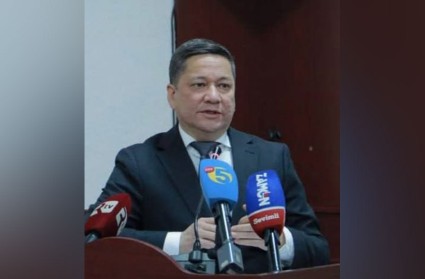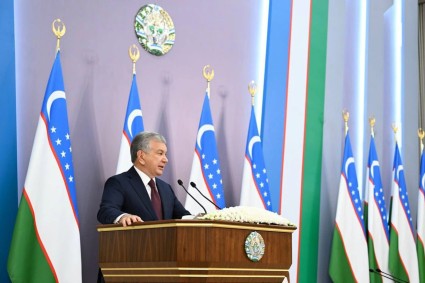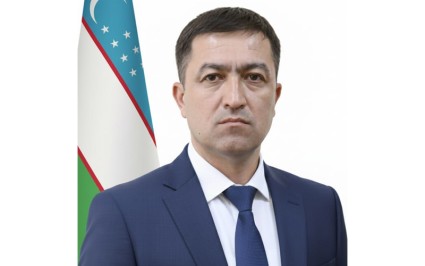President Shavkat Mirziyoyev today signed the Improving Anti-Corruption System in Uzbekistan Decree, which is aimed at improving the effectiveness of the anti-corruption system, creating the favorable business climate and improving Uzbekistan’s international reputation.
The decree has approved the State Anti-Corruption Program for 2019–2020 and the renewed composition of the Republican Interdepartmental Anti-Corruption Commission headed by the Chairman of the Senate Nigmatilla Yuldashev.
In accordance with the decree, commissions to combat corruption will be created within the Zhokargy Kenes of Karakalpakstan, provincial and Tashkent city councils of people's deputies, as well as district and city councils of deputies.
The decree has set the priorities of the anti-corruption policies in the medium term:
- strengthening the independence of the judiciary, eliminating the conditions for unlawful influence on judges in any form;
- formation of a civil service based on a transparent competition-based recruitment, appointment and promotion of civil servants, setting for them a specific list of restrictions, prohibitions, incentive measures and other mechanisms to prevent corruption;
- the phased introduction of the of income declaration system for civil servants and ensuring an adequate level of their wages, as well as improving the organizational and legal framework for resolving conflicts of interest during the civil service;
- introduction of effective mechanisms for protection of persons reporting on corruption;
- raising the legal awareness and legal culture of the public, strengthening in the society intolerant attitude towards corruption;
- increasing accountability and transparency of the government bodies and organizations;
- ensuring genuine freedom for civil society institutions, the media and their input in the preparation, conduct and monitoring of the implementation of anti-corruption policies.
The primary task of the heads of government bodies and organizations shall be to eradicate in the relevant field the causes and conditions conducive to corruption by implementing effective departmental anti-corruption programs, introducing accountability mechanisms and openness of their activities, practical measures to ensure compliance with ethical rules and prevent conflicts of interest.
From July 1, government agencies will periodically conduct mandatory assessment of corruption risks arising from the implementation of the assigned tasks and functions. According to its results, a list of areas and positions of civil servants will be formed, as well as their functions (powers), which are most subject to corruption risks.
The heads of government bodies and local executive authorities shall be personally responsible for the late identification and improper assessment of corruption risks, as well as allowing cases of repeated corruption offenses.
Within three months, proposals should be prepared for the phased introduction of a system for declaring property and income of a certain category of civil servants, including the implementation of measures to create the technical infrastructure and the necessary software.
From August 1, as an experiment with the involvement of the public and leading experts, including foreign ones, the “Area without Corruption” project will be launched in the capital construction and higher education sphere. From April 1, 2020, the project will be gradually implemented in other areas.
The decree also established a special commission to prepare measures aimed at increasing the effectiveness of anti-corruption activities. It will be headed by the head of the Presidential Administration Zainillobiddin Nizomiddinov.
A special commission was entasked until September 1 to submit proposals on the fundamental improvement of the anti-corruption activities of the law enforcement agencies, including through the introduction of common approaches to the organization and optimization of their functions in this area, taking into account generally accepted international standards and foreign best practices.
Additionally, a draft “Road Map” should be developed on comprehensive measures aimed at effective application of anti- corruption public control mechanisms, including strengthening the role of the chambers of Oliy Majlis and political parties, improving the accountability of law enforcement agencies to parliament and introducing transparent methods of citizens’ input in the decision-making.














